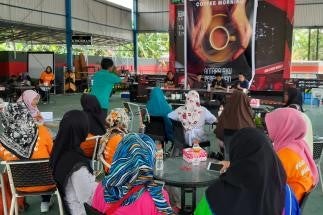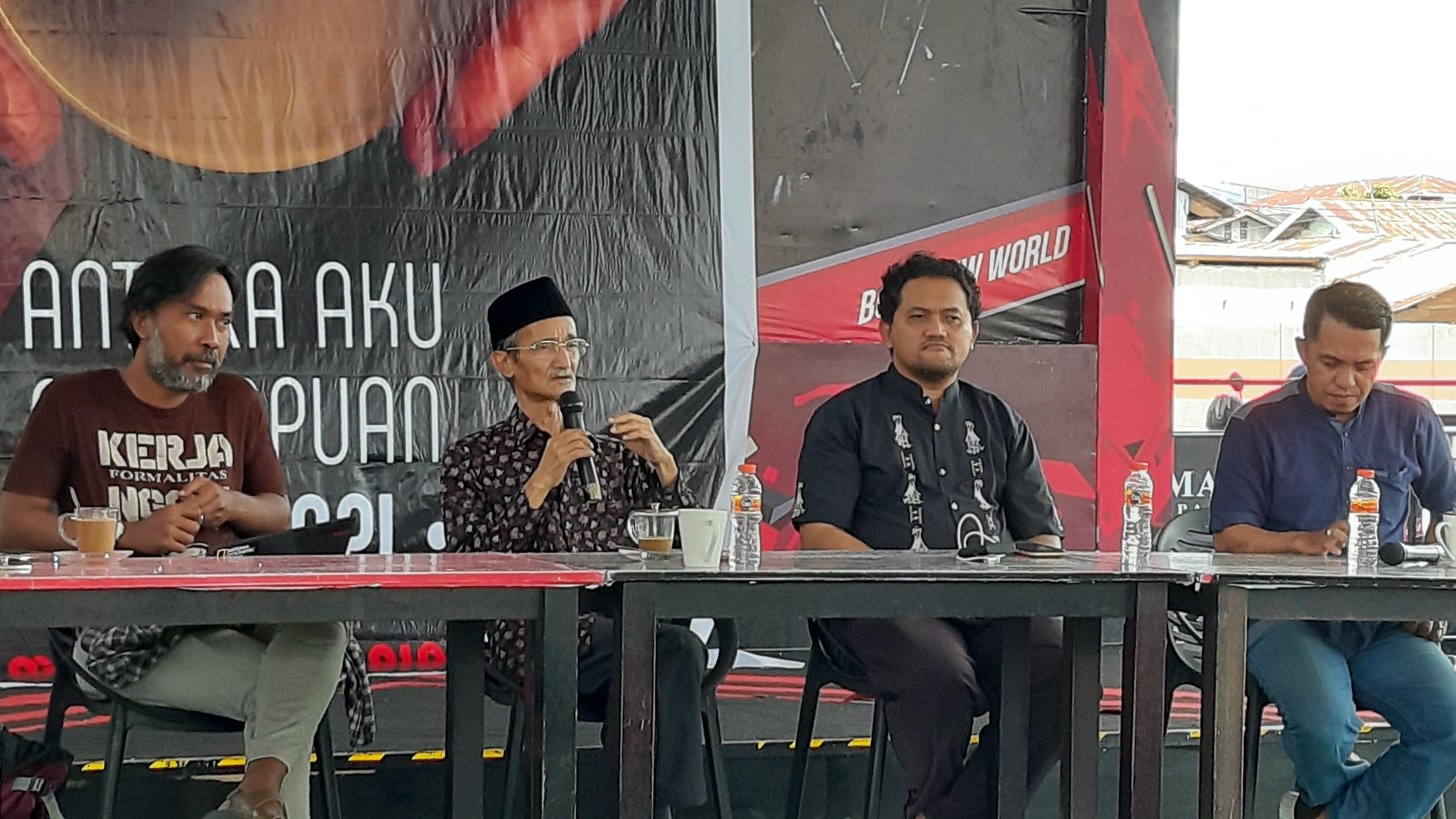PALU, Central Sulawesi, 30-31 March, 2019: Promoting women’s rights and gender equality requires involvement of all elements of communities: men and women. For their active role, men need to be sensitized to promote women’s rights at the family and community levels; and to facilitate women’s engagement in decision making.

As the world’s 4th most populous country with Islam as the predominant religion in Indonesia and in Central Sulawesi province, prominent Ulema & women’s rights advocate Kyai Husein Muhammad stressed that Islam highly values women. “The annual report by the National Commission for Violence against Women (NCVAW) showed that VAW persists in the community. This is because of the imbalanced power relation between men and women. Men are superior, while women are viewed as subordinates in character and intellect. This is why we need to foster public understanding that women and men are equal to promote gender equality,” said the former Commissioner of NCVAW.
UNFPA Male Involvement officer Norcahyo Waskita explained that with good awareness on women’s rights, men can get involved to realize justice and equality and empower women so the latter can be independent, participative and actively engaged.
“What commonly happen now is that male perspective is dominant because decision making is dominated by men and we can facilitate women’s engagement in decision making and activities in all spheres of life to properly respond to women and girls’ needs and vulnerabilities,” he said.
Women in disaster mitigation
Isnaeni Muhidin from Disaster Reduction Forum explained that women’s role is key for family and community survival, especially in post emergencies. Women as the backbone for family wellbeing and child rearing, often the first to collect clean water for cooking-bathing-washing, to buy food for family members and to seek information on access to health, basic needs and other humanitarian supports.
“Women also play an important role in passing local wisdoms to their children and the next generation. We may not realize that we are living on top of active earth plates and fissures, but our ancestors named certain areas in the province, such as Naombo (collapse), Topomini (damaged earth surface), Beka (cracks on the ground), to try to tell or warn us that this a disaster-prone area.”
“We cannot run from that fact but we can improve disaster mitigation capacity in our communities and women’s active involvement is indispensible in disaster mitigation and response to prevent loss of lives and assets,” Isnaeni said.
The speakers appeared in informal, cafe style discussion called “Aku, Perempuan dan Kopi” or (I, Women and Coffee. The “I” refer to all individuals of various backgrounds to appeal for their active involvement in promoting women’s rights in their own spheres. This informal discussion will be held periodically to raise public awareness and to take action.


